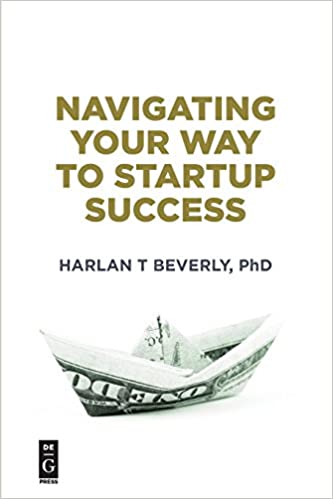I’ve done it. We’ve all done it. At some point in your life, you lose your cool. You get mad, and you show it ~ sometimes quite visibly. But what happens when you lose your temper in business? What can happen? And what are the long lasting effects of losing your temper in the office? Here’s my experience and what you can do to avoid or minimize problems when it inevitably does happen to you.
1. I’ve lost my cool numerous times in the office, usually I get red in the face, start to frown dangerously, and get real quiet…. I can tell you from experience, that look usually shuts people down and RARELY does it get beyond this point for me. Yah, it’s clear I’m mad, but people that have worked for me know that I’ll cool down in a few minutes… especially if….
1.b. The best tactic not to go beyond this point (turning red/ frowning) is to say “let’s take 5” and walk outside or get some water… remember to breathe, and that life is bigger than whatever you are mad at. After 5 min. you should be cool enough to talk rationally again.
2. Occasionally, even after 5 min., I’m still angry. Heck, I can still be mad after 2-days, and sitting down with that person again just sparks back up the anger. I can’t keep “taking 5” constantly. What to do?
2.b. The best thing to do is to try to take an ‘active listening‘ approach. This involves starting at the beginning (after a take-5 or when you’re cooled down), asking again about the problem, then most importantly repeating the problem back to the person from their point of view. They will feel heard and then they will be ready to listen. Explain your problem. Ask them to say it back to you. Then ask them to explain what they want. Say it back to them. Tell them what you want. Ask them to say it back to you. Now find a solution.. you’ll both be read to figure it out.
3. So… uhoh. I yelled. I screamed. I lost it. Have I done that? sure. Just never let it get physical… more on that later. All you did was yell… maybe you cursed… What do you do now???
3.b. My best advice is to quickly acknowledge you lost your cool and you need to “take 5”. The world is not over. This happens. Has happened to me. Nothing too terrible is going to happen. Follow 2.b above, and all will be okay. After your take 5, acknowledge that you were wrong to yell, but you are still angry, and then move to active listening.
4. So, you got physical? This has not happened to me. Hopefully you’ve taken 5, got away from the situation. In my companies, there is a rule: no-one can refuse or get upset about someone’s need to take 5. I HAVE seen someone get physical at work 1 time. I was the manager.
4.b. So, what happens if you get physical at work? I can tell you what I did. I fired the person, immediately. On the spot. No regrets, no 2nd chances. You get physical at work, you should be fired. Period. Hopefully your workplace has a take 5 rule… if not take it yourself. Getting docked 5 minutes of time is better than being fired.
I hope this blog has left you with some thoughts.. feel free to post them below. I respond to all comments and questions.


